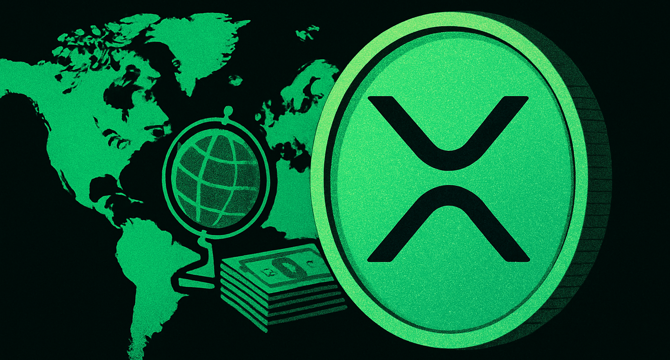Crypto-News-Flash
2d
35

Image Credit: Crypto-News-Flash
Why XRP Is Emerging as a SWIFT Alternative, According to New Research
- Ripple CEO Brad Garlinghouse views XRP as a better alternative for cross-border payments compared to SWIFT, citing its speed and cost-effectiveness.
- SWIFT, in operation since 1973, is considered outdated by Garlinghouse, who emphasizes the efficiency of XRP in handling transactions.
- Research by SMQKe highlights the differences between SWIFT, likened to email, and Ripple's XRP, which offers a more efficient transaction process.
- Garlinghouse discussed the importance of liquidity control at XRP APEX 2025, suggesting that XRP's true benefit lies in dominating the liquidity layer.
- XRP's speed and efficiency stand out with the ability to process up to 1,500 transactions per second and confirmation times of just 3 to 5 seconds, outperforming SWIFT, Bitcoin, and Ethereum.
- The XRP Ledger operates on the Ripple Protocol Consensus Algorithm, avoiding energy-intensive mining and focusing on a decentralized network of validators for transactions.
- Ripple's On-Demand Liquidity (ODL) feature facilitates cross-border money transfers using XRP as a bridge, providing swift and cost-effective transactions without huge cash reserves.
- Recent developments like the Dubai government issuing digital assets on the XRPL have reduced transaction fees by 50%, while upgrades enhance compliance and security, appealing to institutional investors.
- Banks integrating Ripple's technology can potentially cut processing costs by up to 60%, based on reports and studies.
- XRP's current trading price is $2.13, aiming to surpass $2.19 with projections to climb towards $5.50 in the near future.
Read Full Article
2 Likes
For uninterrupted reading, download the app